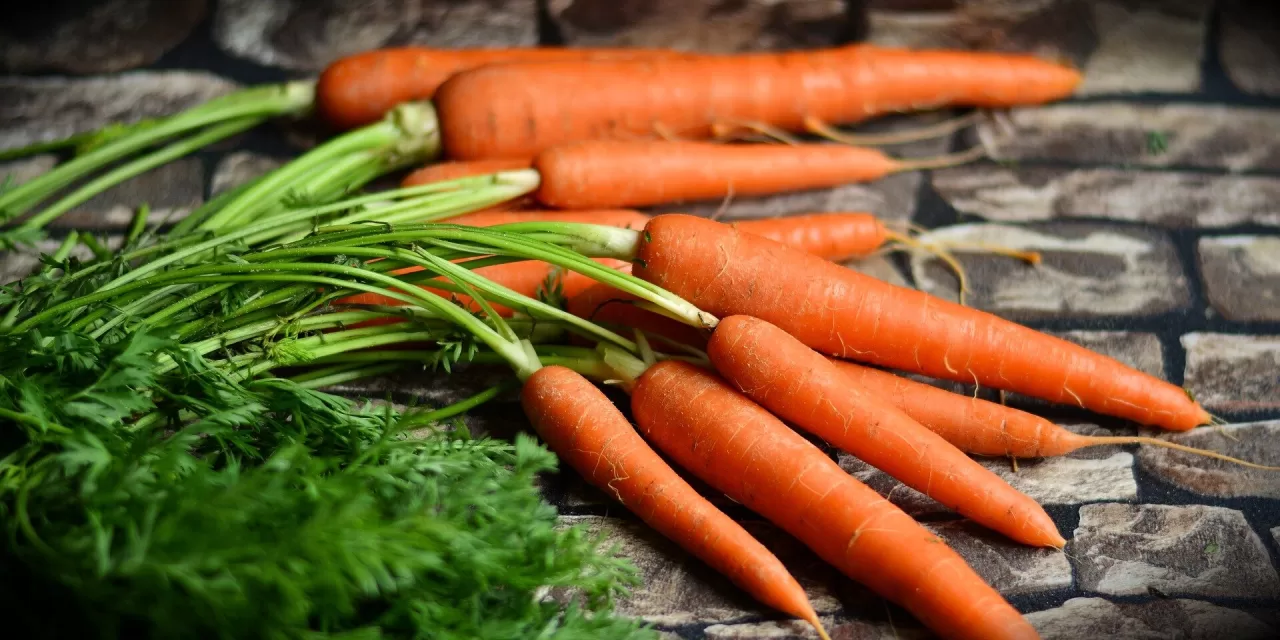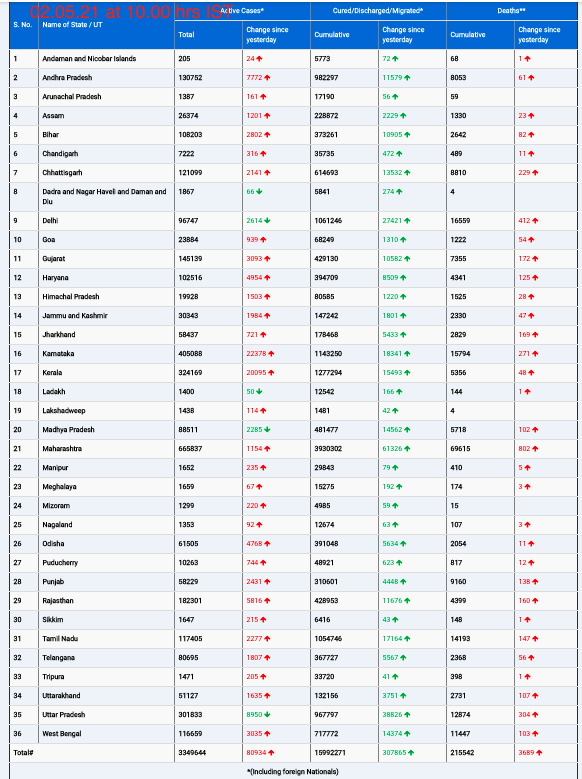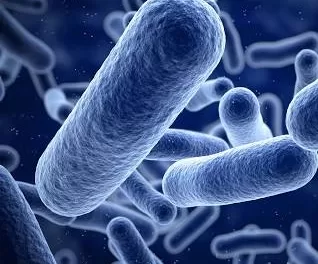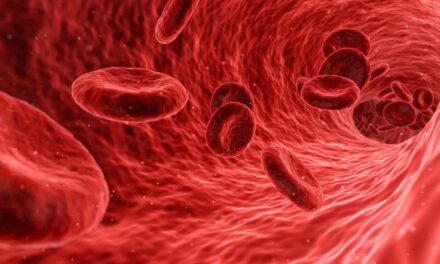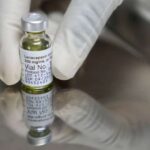Could an ordinary carrot play a role in managing type 2 diabetes? A recent study from SDU (University of Southern Denmark) suggests it might. Researchers found that carrots could enhance the body’s ability to regulate blood sugar and positively influence the gut microbiome, providing a natural way to complement existing treatments for this growing condition.
Type 2 diabetes, which affects millions worldwide, is on the rise in Denmark and globally. In Denmark alone, the number of cases has increased more than fourfold since 1996. The condition is often managed through dietary changes and medications, though many patients face side effects from commonly prescribed drugs. Researchers at SDU, Odense University Hospital, and the University of Copenhagen have now identified a potential side-effect-free dietary option: carrots.
Published in Clinical and Translational Science, the study focused on the effects of carrots in an animal model of type 2 diabetes. Over a 16-week period, mice fed a high-fat diet to simulate an unhealthy human lifestyle were divided into two groups: one received a diet supplemented with 10% freeze-dried carrot powder, while the other did not. Both diets were calorie-matched to ensure the only variable was the bioactive compounds in the carrots.
The results were striking. Mice receiving carrot powder exhibited improved blood sugar regulation, as indicated by glucose tolerance tests. This test, which measures the body’s ability to regulate blood sugar after consuming sugar, showed promising outcomes in the carrot-supplemented group. Additionally, the carrots altered the gut microbiome, promoting a healthier balance of gut bacteria. Mice consuming carrots also had more bacteria that produce short-chain fatty acids (SCFAs), molecules that help regulate metabolism and blood sugar, and contribute to gut health.
“Our study showed that carrots can shift the balance of gut bacteria towards a healthier state, which benefits mice with type 2 diabetes,” said Morten Kobæk Larsen, associate professor at the Department of Clinical Research, SDU. “This suggests that incorporating carrots into the diet could be a valuable strategy for managing the disease.”
Carrots contain bioactive compounds that enhance cells’ ability to absorb sugar, helping regulate blood sugar levels. These bioactive substances, also found in other vegetables like parsley, celery, and parsnips, could offer a future dietary solution for type 2 diabetes management. According to Lars Porskjær Christensen, professor of analytical chemistry at SDU, other vegetables in the carrot family may share similar benefits.
However, the researchers caution against applying these findings directly to humans just yet. The study was conducted in an animal model, and the next step is to explore clinical trials. Christensen explained, “We are working to secure funding for a clinical trial to test the effects of carrots containing higher amounts of bioactive compounds. This could lay the groundwork for larger studies to further investigate their preventive effects against type 2 diabetes.”
Preliminary results from related studies on carrots’ impact on colon cancer suggest that consuming 30-40 grams of raw or lightly cooked carrots daily could have health benefits. The bioactive compounds in carrots, such as falcarinol and falcarindiol, are known for their antifungal, antibacterial, anti-inflammatory, and cytotoxic properties. These compounds also contribute to the vegetable’s defense against fungal infections.
While cooking carrots can reduce the concentration of bioactive compounds, raw or lightly cooked carrots retain more of these beneficial substances. Despite the effects of prolonged boiling or frying, some bioactive compounds remain intact, making carrots a potentially valuable addition to the diet.
With approximately 350,000 people in Denmark living with diabetes—89% of whom have type 2 diabetes—and over half a billion people worldwide affected by the condition, the study offers promising news for those seeking new ways to manage the disease. The findings also suggest a potential shift toward natural dietary interventions, complementing existing treatments without the risk of adverse side effects.
For more information, refer to Morten Kobaek‐Larsen et al, “Effect of carrot intake on glucose tolerance, microbiota, and gene expression in a type 2 diabetes mouse model,” Clinical and Translational Science (2024). DOI: 10.1111/cts.70090.

